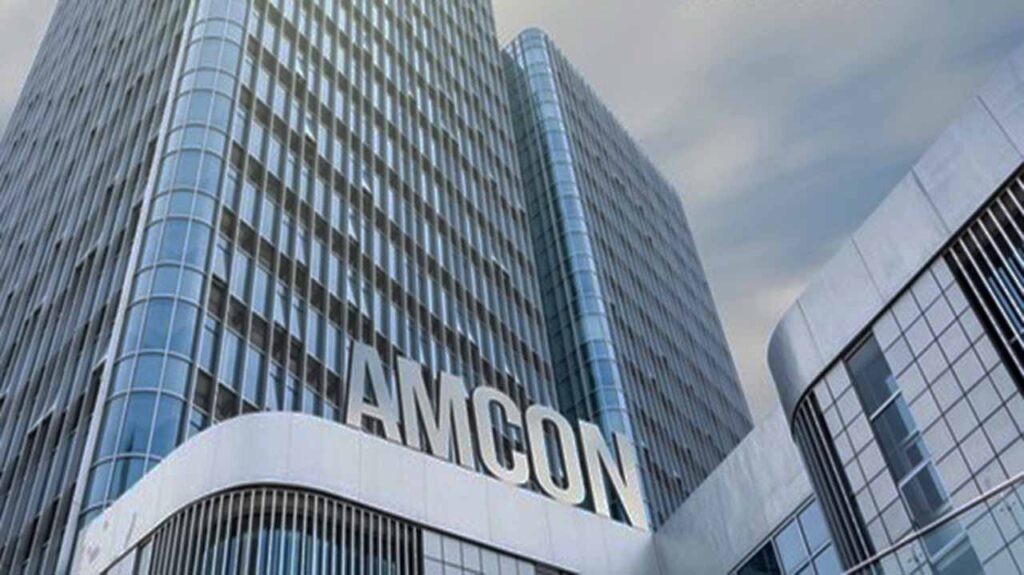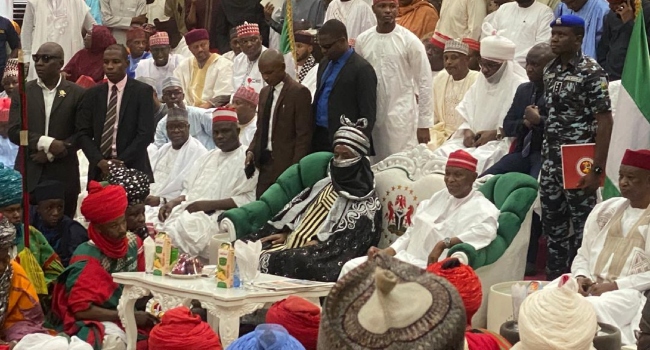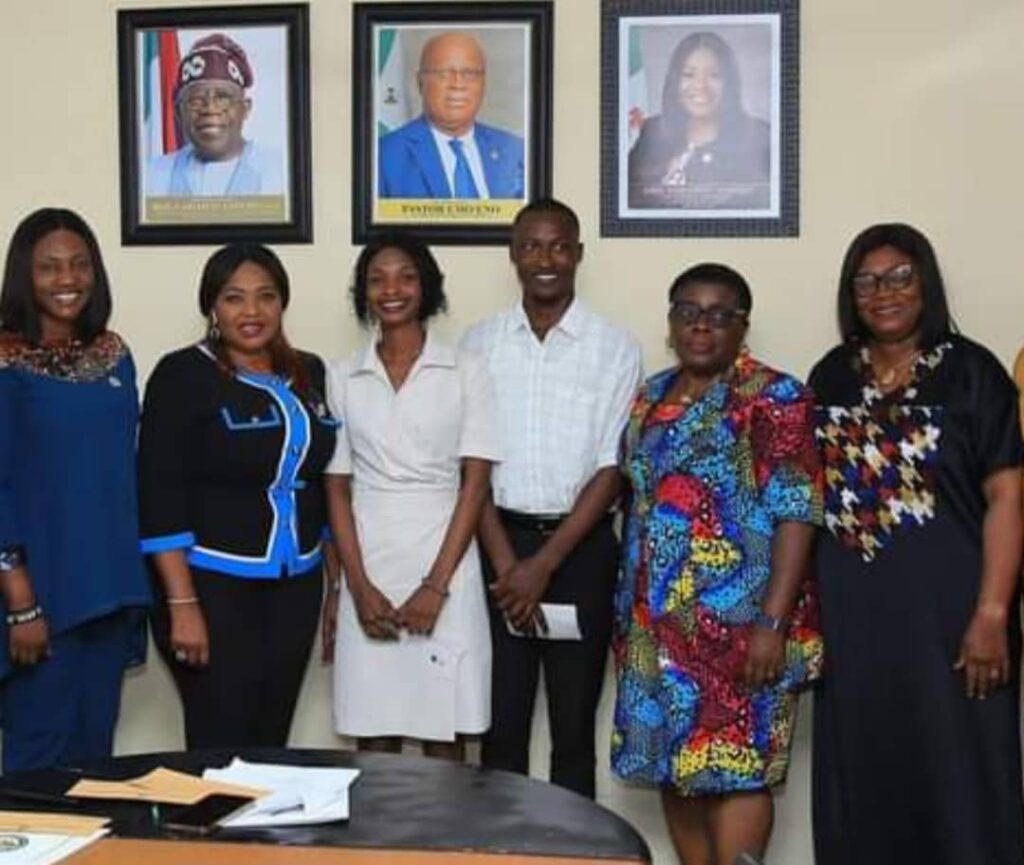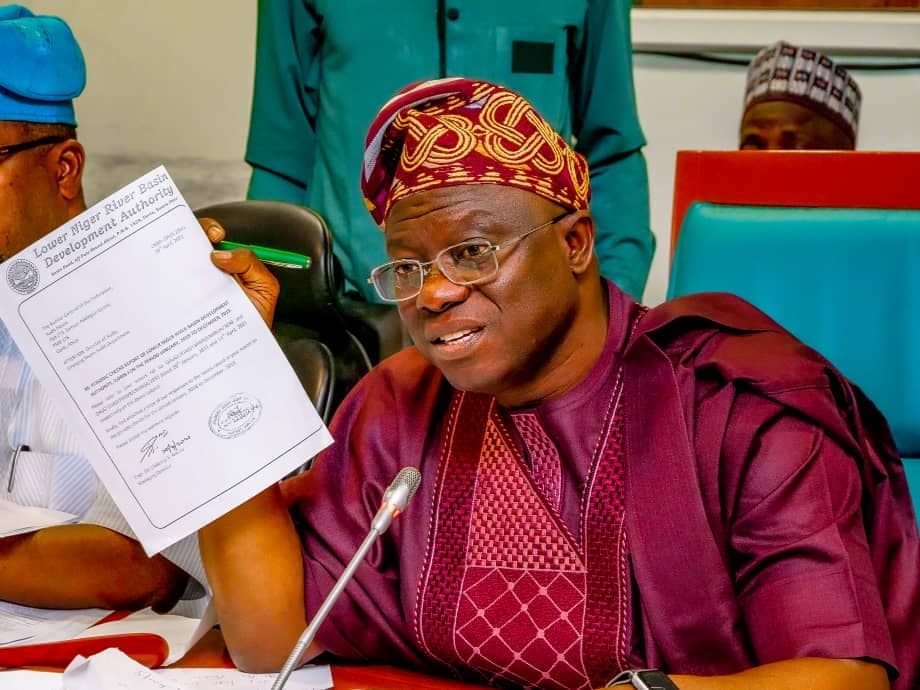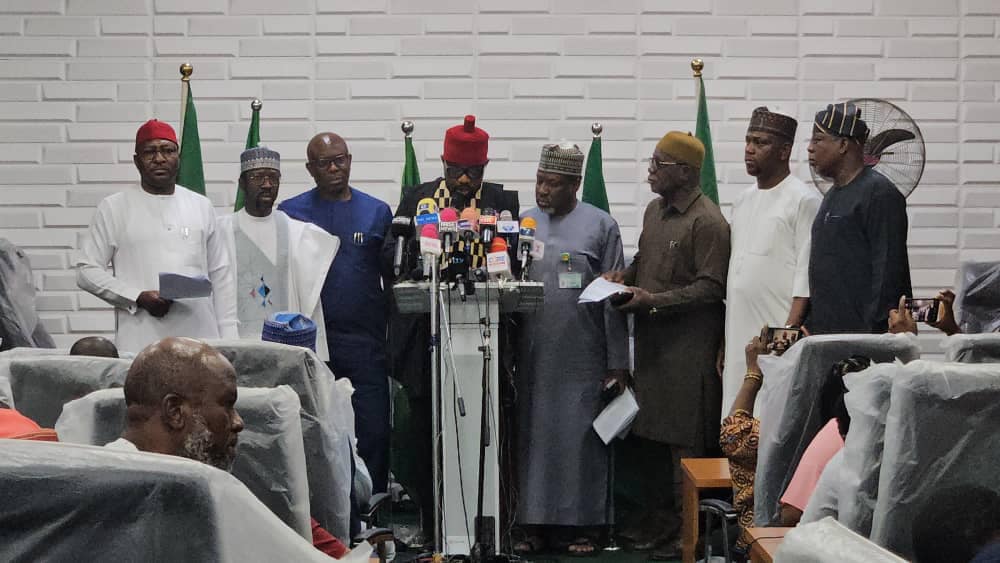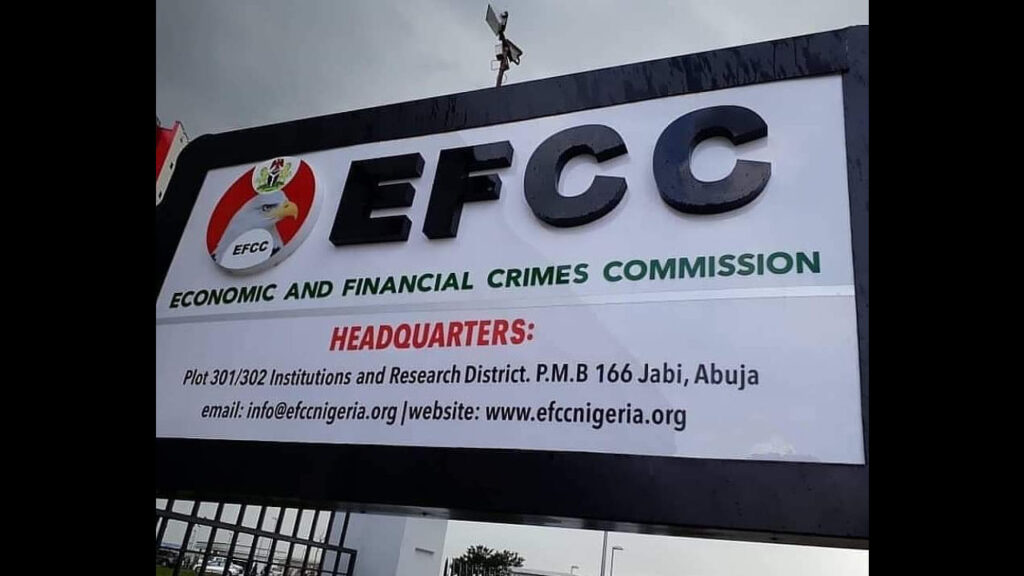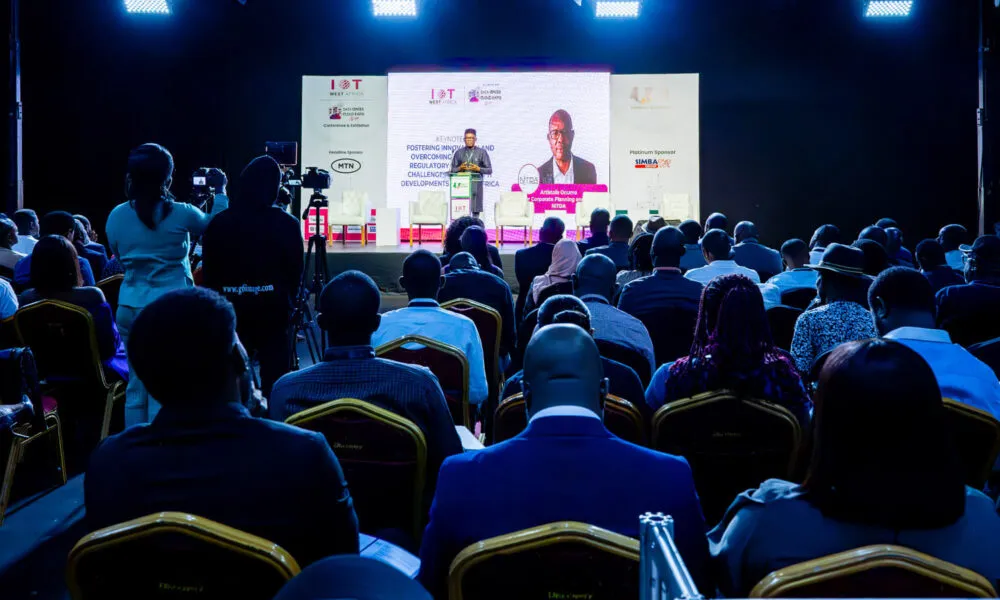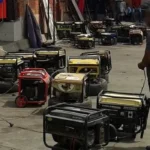
• TCN offers reason for frequent national grid collapse
The Federal Government, yesterday, vowed to sell off the five electricity Distribution Companies (DisCos) now under the management of banks and Asset Management Company (AMCON) in the next three months to reputable technical operators.
The Abuja Electricity Distribution Company (AEDC) is currently under the management of the United Bank of Africa (UBA), Fidelity Bank manages Benin Electricity Distribution Company, Kaduna Electricity Distribution Company, and Kano Electricity Distribution Company while Ibadan Electricity Distribution Company is under the AMCON management.
They all found themselves under the new management arrangement owing to their inability to repay their loans.The Minister of Power, Chief Adebayo Adelabu, who made this known yesterday to the Senate Committee on Power was in an oversight visit to the ministry in Abuja, that the energy distribution assets are technical and as such, they should be under the management of technical experts.
He informed the committee that tough decisions on the DisCos have become necessary because the entire Nigerian Electricity Supply Industry (NESI) fails when they refuse to perform.
According to him, the ministry will prevail on the Nigerian Electricity Regulatory Commission (NERC) to revoke underperforming licenses and also change the management board of the DisCos if it becomes the solution.
Adelabu said, “Lastly, on distribution. Very soon you will see that tough decisions will be taken on the DisCos. They are the last lap of the sector. If they don’t perform, the entire sector is not performing.
“The entire ministry is not performing. We have put pressure on NERC, which is their regulator to make sure they raise the bar on regulation activities.
“We can no longer afford AMCON to run our DisCos. We can no longer afford the banks to run our DisCos. This is a technical industry and it must be run by technical experts.”
ALSO, the Transmission Company of Nigeria (TCN) has linked the frequent national grid collapse problem to the over 100 pending power projects that have lingered for more than 20 years.
The Managing Director and Chief Executive Officer, (CEO), Dr. Sule Abdulaziz, said the company would expand the grid by completing the projects to stabilise power supply. He disclosed this at the meeting with the Senate Committee on Power. His words: “Presently we have over 100 ongoing projects, and if we can finish them, they will add great value to the national grid.
“I want to use this opportunity to appeal to the committee to help the TCN with more funds because these projects have been hanging for almost 20 years. Some started in 2002, 2007 up to 2023. This year, our budget is only N2 billion.”
Abdulaziz listed the major impediment to overcoming the nation’s power problem including the right of way, vandalisation of infrastructure, lack of backup grids, absence of Supervisory Control and Data Acquisition (SCADA), gas supply sustainability and non-existence of a super grid.
He added: “TCN does not have a full SCADA system, and even though the World Bank has helped in giving a SCADA contract, it will still take at least two years to be completed.
“We need a law to enable TCN to have access to the right of way on interstate transmission lines.
“We are also trying to build a super grid and because we don’t have the money for this, we are collaborating with some Chinese companies that will bring money from the Chinese NEXIM Bank for the project. Our internally generated revenue (IGR) is not enough to handle the number of projects we have.”
The committee’s chairman, Enyinnaya Abaribe, noted that the energy quagmire has made the country a laughing stock among African nations. He said the situation has become so embarrassing that the Senate is forced to skip its recess to oversight the TCN and seek a solution to the nagging problem.
Abaribe submitted: “Since the privatisation started, anytime power generation reaches up to 5,000 megawatts, it drops, and we cannot let this continue. This is why we are asking the TCN for explanation.
Reiterating the importance of more funding for the TCN, Adebayo explained that aging infrastructure and vandalism have also contributed to the challenges in the sector.

